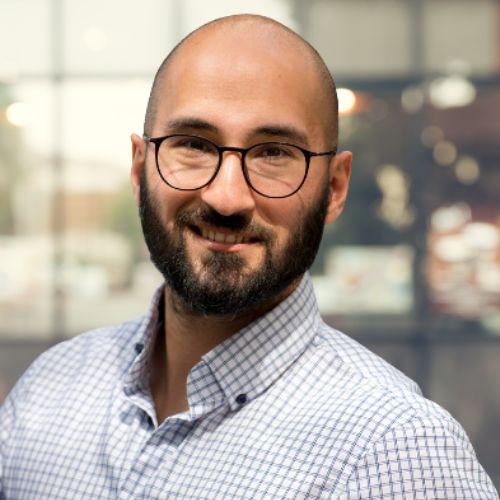
This is our time: Working on biodegradable plastics
Plastic is long-lasting, versatile, and inexpensive to produce. Unfortunately, it is also often bad for the environment. A team of talented researchers has created an AI model that makes developing a new biodegradable plastic a lot easier. Meet Milad Golkaram, one of the key researchers and nominee for TNO’s Young Excellent Researcher award.
AI model
Polymers are the building blocks of plastic. Milad Golkaram’s team has created polySCOUT, a machine-learning program to develop new biodegradable polymers. ‘Our AI model predicts the chemical structure of whatever polymer we want. So, if you need a material with certain properties, you enter those properties into the model, and then the model produces a chemical structure for a suitable polymer.’
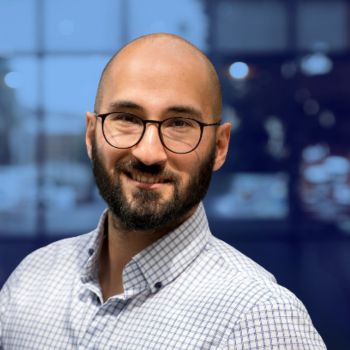
'Ideally, you want microplastic particles to break down before they enter our bodies.'
Already in use
TNO is already using it in the field, such as in our collaboration with Senbis, a textile manufacturer. The aim is to develop biodegradable synthetic textile fibres. Milad: ‘The synthetic textiles we use a lot today produce microplastics that enter the water cycle, eventually ending up in our food and drink. Ideally, you want these microplastic particles to break down before they enter our bodies.’
Pushing boundaries
There are often a lot of questions when it comes to biodegradable plastic. Is it strong enough? Is it sustainable? Is it scalable? How long does it last? Is it toxic? Is it affordable? The polySCOUT model can answer these, Milad explains. 'We are creating something unique, pushing the boundaries of science and technology in this field. That’s what I’m proud of.'
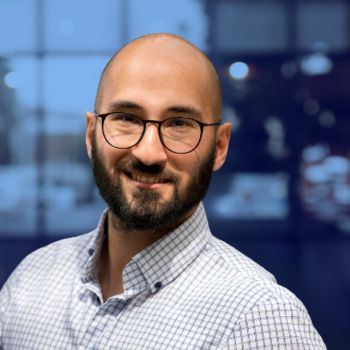
'This model can be huge for society. You can include all these variables and make producing and using biodegradable plastic a lot more attractive.’
Immediate result
PolySCOUT also saves a lot of time. Milad: ‘Back when I was studying, we had to go into the lab to develop new polymers. It was a matter of trial and error, a process that can take years. With machine learning, our model learns more and more about the properties of polymers. It can recognise correlations faster than people can, and draw conclusions from them. This means you actually get the desired result almost immediately.’
‘Some are sceptical about the use of AI, or think it’s too complicated. They are always positively surprised when we show them what we can do with polySCOUT. As a result, we now have several companies who want to work with us, especially in the Netherlands. Getting a foothold in the rest of Europe is our next challenge.’
Putting the puzzle together
Milad’s work on polySCOUT brings together his three biggest motivations: polymer science, sustainability, and AI. ‘I’m very proud to be part of a team of experts. It is like putting a puzzle together: everyone brings their own in-depth knowledge from an array of fields. We complement each other and help each other. Maybe that’s why TNO is the only organisation I know that’s doing it this way. It is very interdisciplinary.’
Become a time setter at TNO?
'Working at TNO is like putting a puzzle together: everyone brings their own in-depth knowledge from an array of fields.'
Want to join TNO, just like Milad?
Young Excellent Researchers at TNO
TNO is proud of its talented researchers, which is why we organise the Young Excellent Researcher award every year. Milad Golkaram was one of the four finalists.
Chris van der Ploeg is working on safer self-driving cars
How can self-driving cars learn to understand themselves and their surroundings at least as well as humans do? This is what medior scientist specialist Chris van der Ploeg is researching at TNO. His research into the use of AI helps make vehicles safer. Chris is one of the nominees for TNO’s Young Excellent Researcher award.
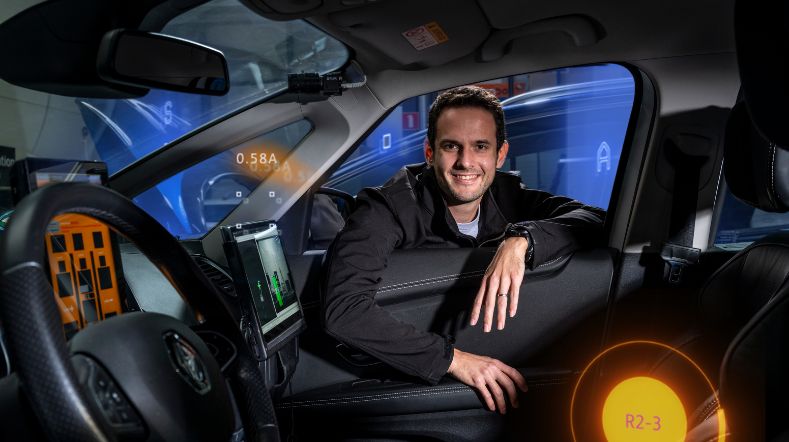
Vincent Zoutenbier develops accurate and inclusive medical devices
By researching how light interacts with human tissues, Vincent Zoutenbier is helping develop next-generation medical devices that are more accurate, efficient, and inclusive. Meet Vincent Zoutenbier, Scientist Specialist and one of the nominees for TNO’s Young Excellent Researcher award.
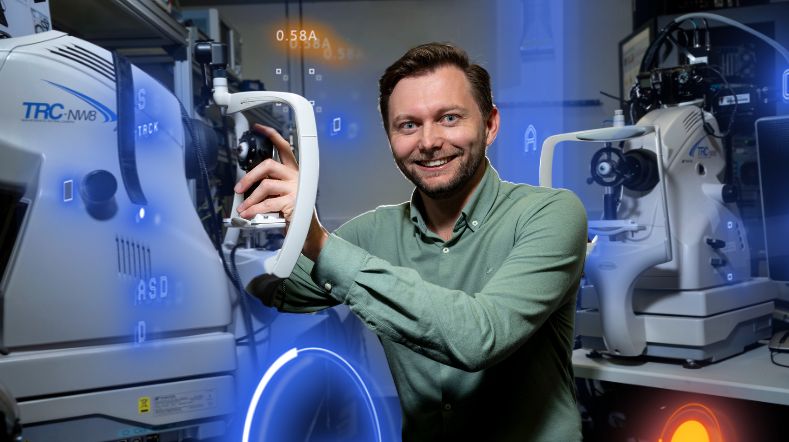
Friso Heslinga works on reliable Artificial Intelligence
His research helps make AI models reliable, even when there is little data available for learning. Meet Friso Heslinga, one of the key researchers and nominee for TNO’s Young Excellent Researcher award.

Get inspired
Appl.AI Splash Event 2025
Sharper choices needed in the Dutch chip industry
TU Delft appoints TNO’s Richard Versluis as Quantum and Computer Engineering Fellow
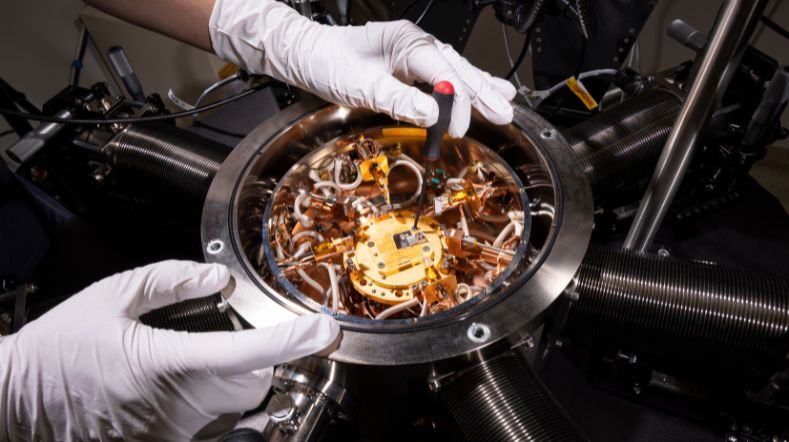

Don't jump on every innovation bandwagon: TNO's framework to help cities make smarter mobility choices
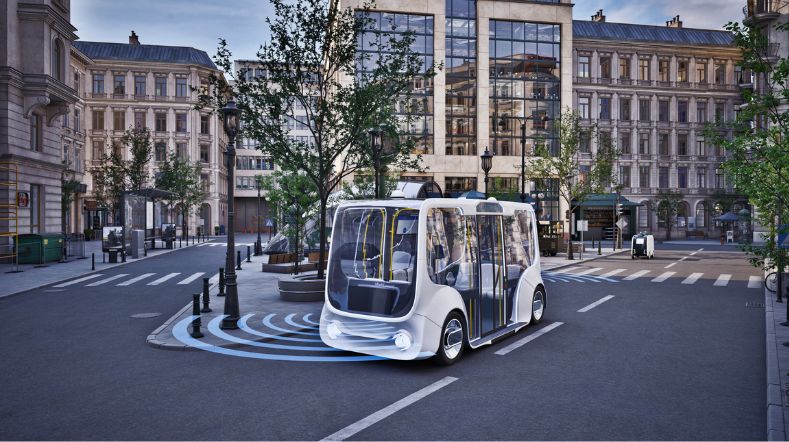

Digital Energy Systems


